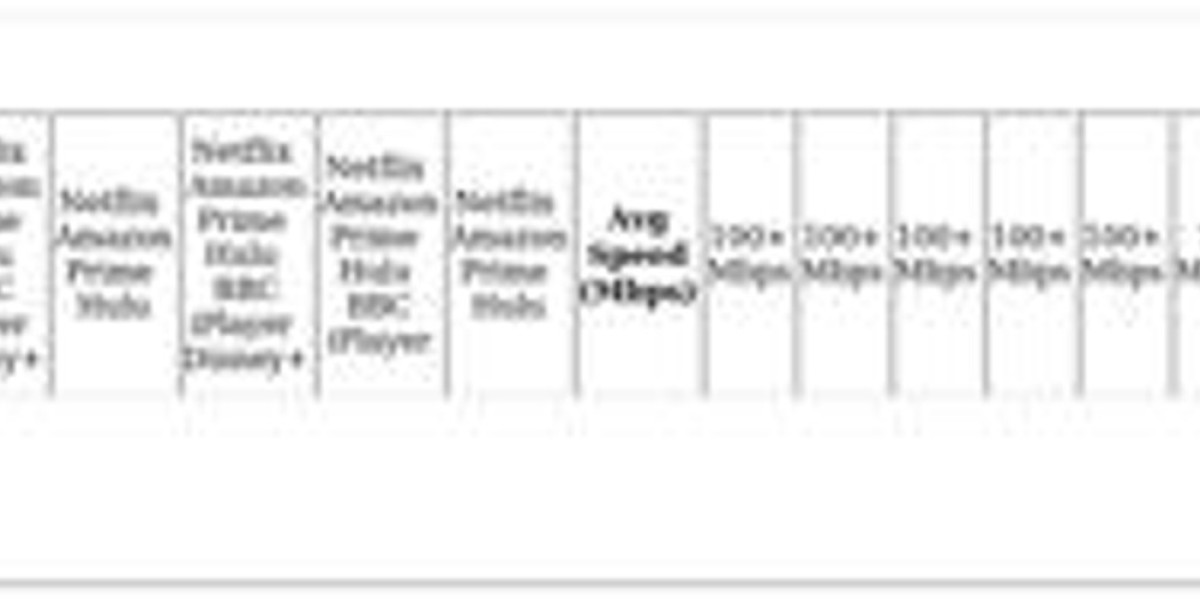In today's fast-paced business environment, entrepreneurs are increasingly exposed to a range of risks. One of the most significant threats they face is product liability. Whether you’re manufacturing, distributing, or selling products, understanding the nuances of product liability is crucial to avoiding legal pitfalls and financial repercussions. For businesses, a single claim can result in substantial financial loss and reputational damage. This article will explore what product liability is, the types of claims, and how engaging a Legal Nurse Consultant can play a pivotal role in defending your business.
Understanding Product Liability
Product liability refers to the legal responsibility of a manufacturer, distributor, or retailer for the harm caused by defective products. When a product fails to meet safety standards or causes injury, the parties involved in the supply chain can be held accountable. It’s important to understand that product liability claims can arise from issues ranging from design flaws to manufacturing defects or inadequate warnings about potential dangers.
Types of Product Liability Claims
There are three primary categories of product liability claims: design defects, manufacturing defects, and marketing defects.
Design Defects: These occur when the product’s design is inherently unsafe. For example, a product that is designed in a way that poses a foreseeable risk to consumers, even if it’s manufactured properly.
Manufacturing Defects: These arise when a product deviates from its intended design during the manufacturing process. A defective component or subpar materials can cause a product to malfunction, leading to harm.
Marketing Defects: This type involves insufficient warnings, improper instructions, or misleading claims about a product’s safety. If a product is marketed in a way that fails to properly communicate potential risks, the manufacturer or distributor may be held liable.
The Importance of Due Diligence
Business owners can reduce the risk of facing product liability claims by conducting thorough due diligence. Ensuring the safety and reliability of products should be a top priority. This includes:
Rigorous Testing: Regularly testing products to identify and correct potential hazards before they reach the market.
Quality Control: Implementing strict quality control processes throughout the manufacturing stages to detect any defects early.
Clear Documentation: Keeping detailed records of design, testing, and manufacturing processes to provide evidence in case of a legal dispute.
Proactively addressing safety concerns can not only help protect consumers but also safeguard your business from costly legal battles.
The Role of Legal Nurse Consultants in Product Liability Cases
A Legal Nurse Consultant (LNC) is a healthcare professional with specialized training in legal matters. They offer invaluable assistance to business owners facing product liability claims, particularly when the case involves medical or health-related products.
LNCs bridge the gap between the medical and legal fields. Their expertise allows them to analyze medical records, product testing data, and expert testimonies to assess the validity of a claim. By working with an LNC, businesses can gain a better understanding of the medical aspects of the case and develop a strategy for defense.
Why Should Business Owners Engage a Legal Nurse Consultant?
Expert Insight on Medical Issues: If your product causes health issues, an LNC can help interpret medical documents, assess causality, and provide expert opinions regarding the product’s role in the alleged injury.
Assisting with Product Testing and Reports: An LNC can review the testing and safety reports of products, identifying any medical concerns or flaws that could lead to liability.
Expert Testimony: In some cases, an LNC can serve as an expert witness in court, explaining complex medical or technical information in a way that is understandable to juries.
Mitigating Risks: A Legal Nurse Consultant can help develop risk management strategies, ensuring that products meet safety regulations and preventing future liability claims.
Key Considerations for Business Owners in Managing Product Liability
Business owners must take a proactive approach to managing product liability risks. This includes ensuring compliance with safety standards, maintaining accurate records, and securing proper insurance coverage.
1. Compliance with Regulations
Government agencies, such as the Consumer Product Safety Commission (CPSC) and the Food and Drug Administration (FDA), regulate many products. Failing to adhere to these regulations can result in fines, recalls, or even lawsuits. It is essential to stay updated on regulatory changes and ensure your products meet the necessary standards.
2. Insurance Coverage
Product liability insurance is an essential part of managing risk. This insurance can cover the costs associated with legal defense, settlements, and damages. Businesses should work with an insurance advisor to determine the appropriate level of coverage based on their products and industry.
3. Training and Awareness
Educating employees about the importance of product safety and the potential risks of product defects is crucial. Implementing training programs on best practices for quality control, testing, and safety can help mitigate the risk of product liability claims.
Addressing Product Liability Claims Effectively
If your business is facing a product liability claim, it’s critical to handle the situation promptly and efficiently. Consult with an attorney specializing in product liability to navigate the legal landscape. Your legal counsel may recommend working with a Legal Nurse Consultant to assist in evaluating medical aspects and strategizing a defense.
Additionally, effective communication with customers and prompt action in addressing safety issues can help mitigate reputational damage. Product recalls, although often costly, can demonstrate a commitment to consumer safety and help prevent further incidents.
Conclusion
Navigating product liability is a complex challenge for business owners. By understanding the types of claims, maintaining rigorous safety standards, and utilizing resources like a Legal Nurse Consultant, businesses can reduce the risks associated with defective products. By staying informed and prepared, business owners can protect both their customers and their businesses from the costly consequences of product liability lawsuits.
With proactive steps such as regulatory compliance, product testing, and engaging professional support, your business can thrive without the looming threat of legal claims that could potentially jeopardize its success.








